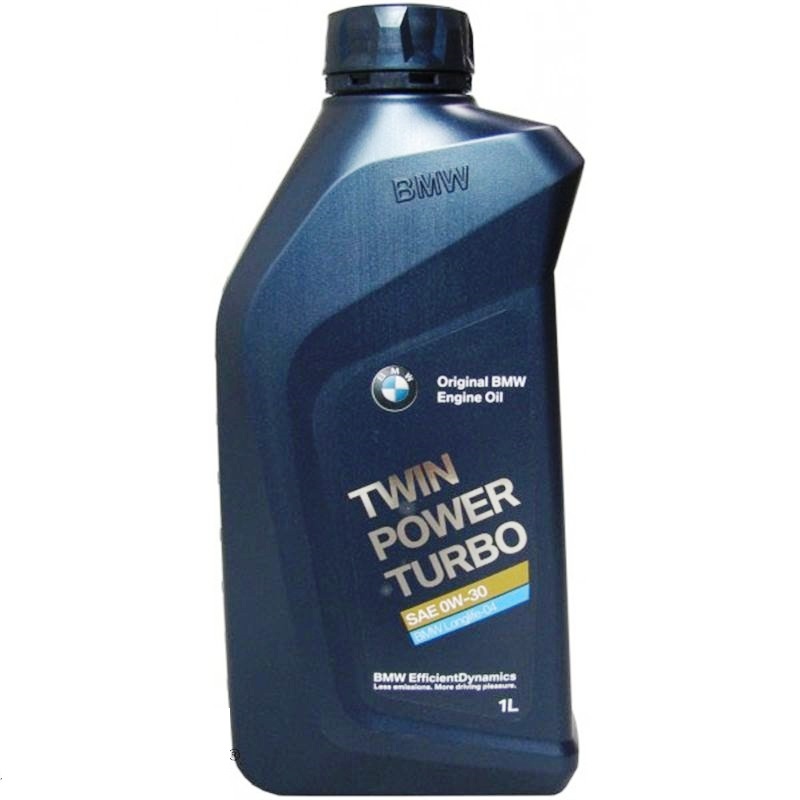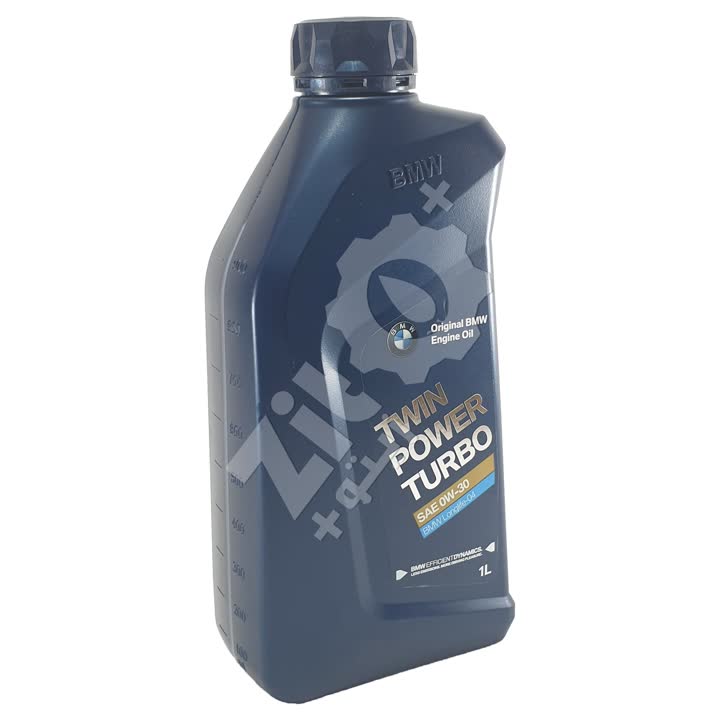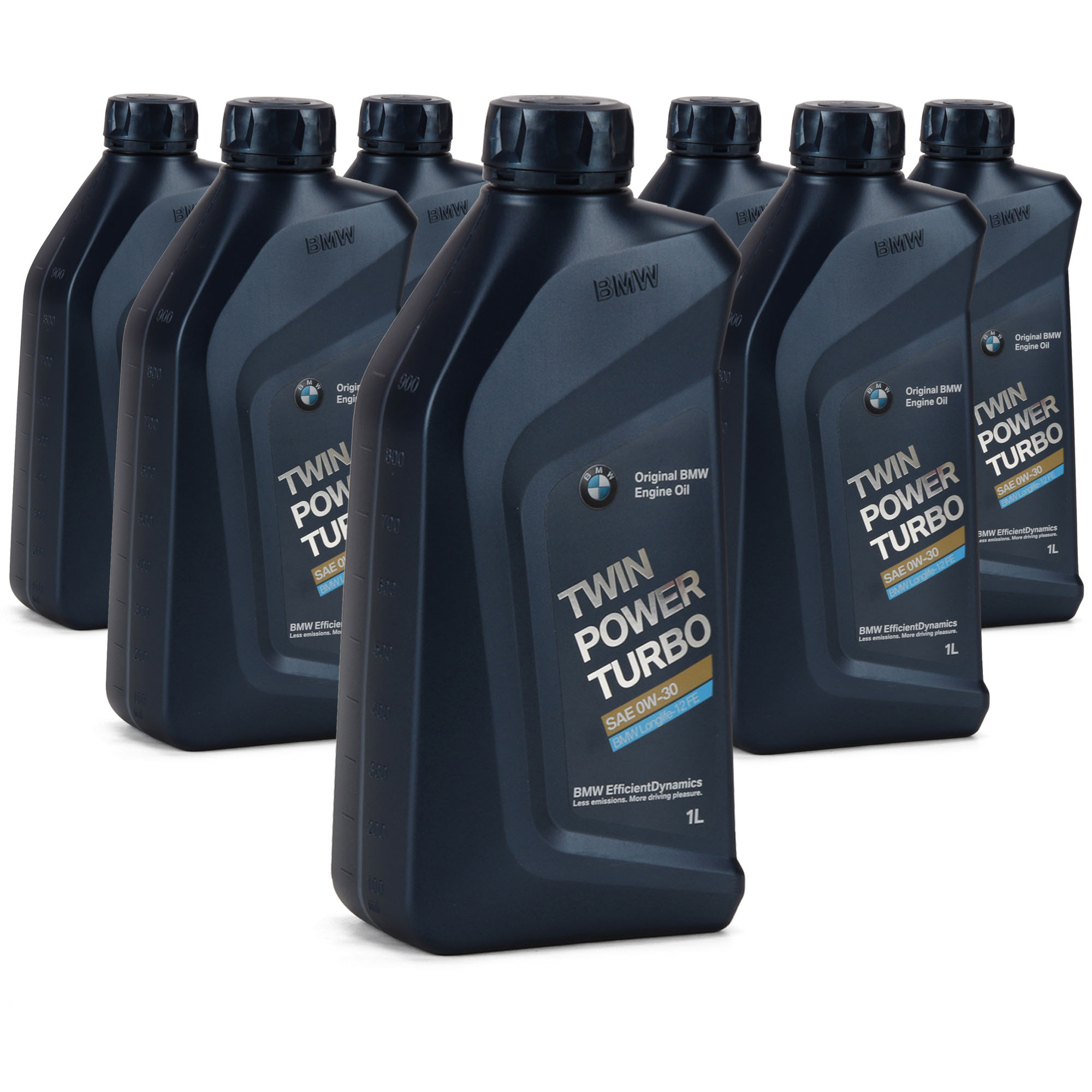BMW 0W30 Oil Overview

BMW 0W30 engine oil is a popular choice for many BMW vehicle owners, designed for optimal performance and protection in a wide range of operating conditions. Its low-viscosity formulation ensures efficient engine lubrication, particularly in cold starts, contributing to improved fuel economy and reduced wear and tear. Understanding its specifications, variations, and applications is crucial for maintaining the health and longevity of your BMW engine.
BMW 0W30 Oil Specifications and Characteristics
BMW 0W30 engine oil is meticulously formulated to meet stringent specifications, ensuring compatibility with various BMW engine designs. These specifications typically include requirements for low-temperature fluidity, high-temperature stability, and oxidation resistance. The 0W30 designation represents its viscosity grade, a critical factor in engine lubrication. A lower viscosity oil like 0W30 flows more readily at low temperatures, facilitating quick lubrication of engine components, while still maintaining sufficient viscosity at higher temperatures. This ensures proper lubrication across a broader temperature range.
Different Types of BMW 0W30 Oil
Numerous brands offer BMW 0W30 engine oil, each with its own unique blend of additives and base oils. Some brands prioritize synthetic formulations for enhanced performance and durability, while others might use a blend of synthetic and mineral oils for a balance of cost and performance. Differences in additives can influence factors like wear protection, friction reduction, and deposit control. Choosing the right type of oil hinges on the specific needs of your vehicle and driving conditions.
Viscosity Index (0W30) and Engine Performance
The viscosity index (0W30) is a crucial aspect of engine oil performance. The ‘0’ signifies the oil’s extremely low-temperature fluidity, allowing for quick lubrication in cold weather, while the ’30’ indicates the oil’s high-temperature viscosity, maintaining sufficient lubrication under demanding conditions. A proper viscosity index is essential for minimizing friction and wear, maximizing fuel efficiency, and ensuring smooth engine operation across a broad temperature spectrum.
Typical Applications for BMW 0W30 Engine Oil
BMW 0W30 engine oil is suitable for a range of BMW vehicle models and engine types. Its versatility stems from its balanced viscosity characteristics, which provide adequate lubrication in various operating conditions. This includes a wide array of BMW models, from smaller inline-4 engines to larger V8 engines, though specific recommendations should always be checked in the vehicle’s owner’s manual. For optimal performance, consult your owner’s manual for specific recommendations on viscosity grade and oil type for your particular model and engine.
Comparison of BMW 0W30 Oil Brands
| Brand | Price Point (Estimated) | Availability | Key Features (Summary) |
|---|---|---|---|
| Brand A | Mid-range | Widely available | Excellent cold-weather performance, balanced synthetic blend |
| Brand B | Premium | Available in most retailers | Superior synthetic formulation, extended drain intervals |
| Brand C | Budget-friendly | Commonly found | Mineral oil blend, suitable for standard applications |
Note: Price points and availability can vary by region and retailer. Always consult the product packaging and your owner’s manual for specific information regarding compatibility. This table provides a general overview and should not be considered exhaustive.
Performance and Benefits
BMW 0W-30 engine oil delivers a range of performance advantages across diverse driving conditions. Its low-viscosity formulation, designed for optimal engine performance, provides superior lubrication in a variety of situations. This translates to enhanced engine protection and longevity, a crucial factor for vehicle owners. This discussion delves into the specific performance advantages of BMW 0W-30 oil, comparing it to other viscosity grades and highlighting its impact on fuel efficiency.
The performance characteristics of BMW 0W-30 oil are tailored for a wide range of operating conditions. Its low-viscosity nature contributes to improved engine responsiveness and fuel efficiency. Furthermore, the oil’s exceptional temperature stability ensures consistent performance in both extreme cold and hot conditions.
Performance Advantages in Various Driving Conditions
BMW 0W-30 oil excels in different driving situations. In city driving, its low viscosity facilitates quicker starts and reduced friction, leading to improved engine response. On highways, where engines operate at higher speeds and temperatures, 0W-30’s robust thermal stability ensures consistent lubrication and prevents wear. During extreme temperatures, its ability to maintain viscosity minimizes friction and wear, safeguarding engine components from damage.
Engine Protection and Longevity
BMW 0W-30 oil’s superior lubricating properties significantly contribute to engine protection and longevity. Its formulation, engineered with advanced additives, minimizes friction and wear, protecting critical engine parts like pistons, bearings, and cylinder walls. This proactive protection extends the life of the engine and reduces the need for costly repairs.
Comparison with Other Viscosity Grades
BMW 0W-30 oil exhibits notable performance advantages compared to other viscosity grades, such as 5W-30 and 10W-30. Its low-viscosity nature allows for quicker oil flow and better cold-weather performance, enabling smoother engine operation at lower temperatures. In contrast, higher viscosity oils might experience reduced fluidity in cold weather, potentially impacting engine performance. This comparative advantage is particularly relevant in regions experiencing significant temperature fluctuations. Furthermore, the 0W-30’s ability to maintain viscosity under extreme conditions translates to superior protection and reduced wear compared to other grades.
Impact on Fuel Efficiency
The reduced friction and improved engine responsiveness enabled by BMW 0W-30 oil contribute to notable fuel efficiency gains. By minimizing internal friction, the oil allows the engine to operate more efficiently, resulting in improved fuel economy. This is especially noticeable in highway driving and city commutes.
Potential Fuel Savings
The following table illustrates the potential fuel savings associated with using BMW 0W-30 oil compared to other oil types. These figures are estimations based on real-world driving conditions and are subject to variations.
| Oil Type | Estimated Fuel Savings (%) |
|---|---|
| BMW 0W-30 | 3-5% |
| 5W-30 | 1-3% |
| 10W-30 | 0-2% |
Note: Fuel savings are estimates and can vary based on driving conditions, vehicle make and model, and other factors.
Compatibility and Usage

BMW 0W-30 engine oil, with its low-viscosity and advanced formulations, is designed for a wide range of BMW vehicles. However, compatibility is crucial for optimal engine performance and longevity. Proper selection and usage are key to ensuring the oil’s intended benefits are realized.
Compatible BMW Engine Models
BMW 0W-30 oil is compatible with a diverse range of BMW engine models, spanning various generations and engine types. Consult your vehicle’s owner’s manual for a definitive list of compatible engine models and specifications. The manual will often specify the exact oil type and viscosity recommended for your particular engine. Failure to use the specified oil can lead to performance issues and potentially damage the engine.
Recommended Oil Change Intervals
Oil change intervals for BMW 0W-30 vary depending on several factors. Driving conditions, including frequent short trips, aggressive driving styles, and extreme temperatures, significantly impact oil degradation. Regular use in harsh conditions, like frequent highway driving or towing, may necessitate more frequent oil changes. Engine type also plays a role; some engines might benefit from more frequent changes due to their design characteristics. Always adhere to the recommended intervals Artikeld in your vehicle’s owner’s manual for optimal engine health and performance. Typically, oil change intervals are in the range of 7,500 to 15,000 miles, but this can vary greatly depending on the conditions and the specific BMW model.
Oil Change Procedures
Proper oil changes are vital for maintaining optimal engine performance and extending its lifespan. This process involves several steps, requiring appropriate tools and safety precautions. First, gather the necessary tools, such as a drain pan, oil filter wrench, and new oil filter and oil. Consult your vehicle’s owner’s manual for specific drain plug and filter locations. Secondly, ensure the vehicle is parked on a level surface and the engine is cool. Next, carefully drain the old oil into the prepared drain pan. Replace the oil filter according to the manufacturer’s instructions. Finally, refill the engine with the recommended amount of new oil, and start the engine to check for leaks.
Genuine BMW Oil vs. Aftermarket Alternatives
Using genuine BMW 0W-30 oil is highly recommended. Genuine BMW parts and oils are meticulously formulated to meet stringent BMW standards, ensuring optimal performance and longevity. Aftermarket oils, while potentially more affordable, may not consistently meet the same rigorous standards, potentially compromising engine performance and leading to premature wear and tear. While some aftermarket oils might be acceptable in specific circumstances, consulting your vehicle’s manual is crucial to confirm suitability.
Selecting the Correct BMW 0W-30 Oil
To select the correct BMW 0W-30 oil for your specific vehicle model, follow these steps:
- Consult your vehicle’s owner’s manual. The manual provides precise specifications for your particular model, including the recommended oil type and viscosity.
- Verify the oil specifications listed in the owner’s manual. These specifications typically include the oil type (such as API or ACEA classifications) and viscosity grade (like 0W-30).
- Compare the specifications with the details on the oil container. Ensure the oil meets the required standards to guarantee compatibility.
- Purchase the correct quantity of oil from a reputable dealer or retailer. Using the correct amount of oil is crucial for optimal engine performance.
Environmental Impact
BMW 0W30 engine oil, like all lubricants, has an environmental footprint. Understanding its composition, production processes, and recyclability is crucial for assessing its overall impact on the planet. This section delves into the environmental considerations surrounding BMW 0W30 oil, highlighting both its potential benefits and drawbacks.
Composition and Production Materials
BMW 0W30 oil is a complex blend of base oils and additives. The base oils are typically derived from crude oil, a non-renewable resource. The exact composition of the base oil and the specific additives used are proprietary information, kept confidential by BMW. However, publicly available information suggests that the oil often contains various synthetic and semi-synthetic components. The additives, crucial for the oil’s performance characteristics, can include corrosion inhibitors, detergents, and viscosity modifiers. The production of these additives often involves various chemical processes, potentially impacting air and water quality during manufacturing.
Recyclability and End-of-Life Management
Engine oil, including BMW 0W30, is recyclable. Dedicated collection and recycling programs exist in many regions to recover used oil. Recycling used oil prevents the release of harmful contaminants into the environment and conserves valuable resources. Used oil, if improperly disposed of, can contaminate soil and water sources, posing risks to ecosystems and human health. The proper disposal and recycling of used oil are critical aspects of minimizing its environmental impact.
Potential Environmental Concerns
While BMW 0W30 oil is designed for optimal engine performance, some potential environmental concerns remain. The extraction and refining of crude oil, the primary source of many base oils, can have significant environmental impacts. Furthermore, the manufacturing processes of additives might release harmful emissions or waste products. Properly managing the entire lifecycle of the oil, from production to disposal, is crucial to mitigating these potential environmental concerns. Careful consideration must be given to the use of raw materials, the energy consumed during production, and the potential for waste generation at every stage.
Environmental Certifications and Standards
The environmental certifications and standards associated with BMW 0W30 oil are not explicitly detailed publicly. However, BMW, as a major automotive manufacturer, likely adheres to relevant industry standards and regulations related to oil production and disposal. Specific certifications and compliance details are not publicly available, but adherence to such standards is crucial for the responsible production and use of the oil.
Manufacturing Processes and Environmental Footprint
The specific details of the manufacturing processes used for BMW 0W30 oil are not publicly available. However, the industry generally seeks to optimize production methods to minimize environmental impact. This involves reducing energy consumption, minimizing waste generation, and employing sustainable sourcing practices whenever possible. A thorough evaluation of the entire manufacturing process, from raw material sourcing to final product delivery, would reveal the specific environmental footprint of BMW 0W30 oil. Information about energy consumption, water usage, and waste generation during each stage of the process would be valuable in assessing the environmental impact. Detailed lifecycle assessments (LCAs) of the oil are needed to fully understand the environmental footprint of BMW 0W30.
Troubleshooting and Common Issues

Using the correct oil, like BMW 0W30, is crucial for optimal engine performance and longevity. However, improper use or unforeseen circumstances can lead to various issues. Understanding potential problems and their solutions can help maintain your BMW’s engine health.
Potential Leaks and Oil Consumption Problems
Oil leaks are a common concern for any vehicle. In BMWs, leaks can stem from worn seals, gaskets, or faulty oil pan/filter housing. Oil consumption, where the engine uses more oil than expected, might indicate issues like valve stem seals, piston rings, or even head gasket problems. Regularly checking oil levels and visually inspecting for leaks is vital for early detection. Incorrect oil viscosity, like using the wrong weight, can exacerbate these problems, potentially leading to increased friction and wear on components.
Causes of Engine Problems Related to Incorrect Oil Usage
Employing the incorrect oil viscosity, like using a heavier or lighter weight than specified, can lead to significant engine performance issues. Using a higher viscosity oil than recommended can result in reduced engine responsiveness and increased friction, potentially leading to overheating. Conversely, using a lower viscosity oil can lead to insufficient lubrication, resulting in excessive wear and tear on engine components. These issues can manifest as reduced power, rough idling, or increased oil consumption.
Signs of Low Oil Levels in a BMW Engine
Low oil levels in a BMW engine are detectable through several indicators. A noticeable drop in oil level on the dipstick is a clear sign. Additionally, engine warning lights, often signifying low oil pressure, can illuminate the dashboard. Abnormal noises, such as knocking or tapping sounds, are also potential indicators of low oil levels, signifying a lack of lubrication for engine components.
Identifying and Troubleshooting Oil-Related Issues
Regular oil checks, using the dipstick, are essential to identify potential problems early. Visual inspections for leaks, both externally and under the vehicle, are critical. If leaks or oil consumption are observed, consulting a qualified mechanic is recommended for diagnosis and repair. The mechanic can inspect the engine for damaged seals, gaskets, or other components requiring attention.
Troubleshooting Table for BMW 0W30 Oil Problems
| Problem | Potential Causes | Solutions |
|---|---|---|
| Oil Leaks | Worn seals, gaskets, damaged oil pan/filter housing, loose connections | Replace worn seals/gaskets, repair or replace damaged components, tighten loose connections. Consult a mechanic for professional assessment. |
| High Oil Consumption | Valve stem seals, piston rings, head gasket, incorrect oil viscosity | Replace worn components, ensure correct oil viscosity is used, consult a mechanic for diagnosis. |
| Engine Problems (e.g., reduced power, rough idling, overheating) | Incorrect oil viscosity, low oil level, worn engine components | Ensure correct oil viscosity is used, check and replenish oil level, consult a mechanic for diagnosis and repair. |
| Engine Warning Lights (low oil pressure) | Low oil level, oil pump issues, clogged oil filter | Check and replenish oil level, replace the oil filter, consult a mechanic for oil pump diagnosis and repair. |